Table of Contents
ToggleIVF and IUI are the most common types of Assisted Reproductive Technology (ART) practiced worldwide. ART is a collective term for all fertility treatments and procedures. Other types are sperm injection, intracytoplasmic, and cryopreservation of gametes or embryos.
The success rate for IVF is 43% under 23 years old, 35% under 30, 32% under 35, 11% under 40, and 5% under 43, whereas the success rate for IUI varies around 7-10%. If you’re planning for any of these treatments, Aastha Fertility Care will help you with the best procedures and assures maximum success rates.
Furthermore, if you’re confused about whether to opt for IVF or IUI, our fertility experts have described the differences between IUI and IVF. Scroll down the blog to know more or schedule a free online consultation appointment with our experts for a one-on-one conversation.
What is Intra-Uterine Insemination (IUI)?
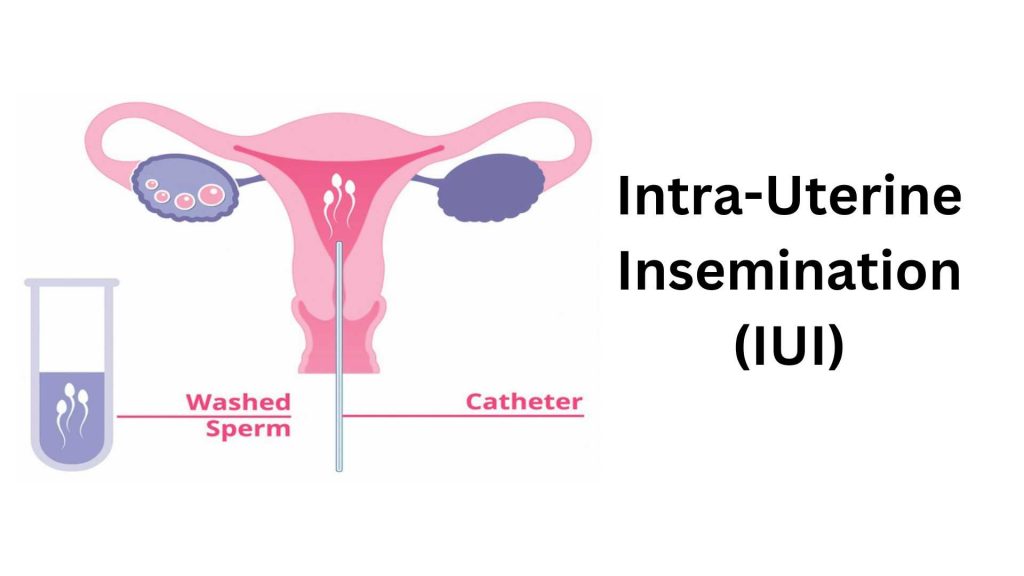
IUI, or Intrauterine insemination, is a process of artificial insemination and one of the major treatments for infertility. Here the sperm collected artificially are washed, concentrated, and placed in the uterus at the time when the uterus releases maximum eggs.
It is often called the donor or alternative insemination. The primary goal of the treatment is to boost the number of healthy sperm for a successful conception.
What is In-Vitro Fertilization?
In Vitro fertilization, popular as IVF, is another form of ART practiced worldwide. Here, the egg is fertilized by the sperm in a test tube outside the body, and later the fertilized embryo is transferred artificially to the uterus. The entire cycle of IVF takes about three weeks or even longer.
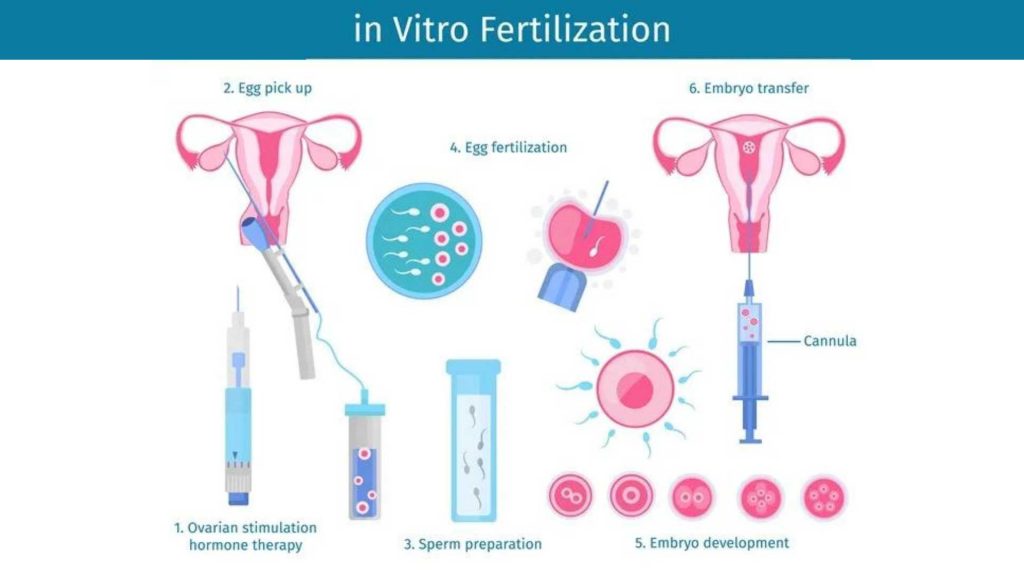
10 Must-Know Differences Between IUI and IVF
1. Method of Fertilisation in IVF vs IUI
IVF and IUI are done with utmost precision and accuracy under the supervision of qualified and experienced medical practitioners.
In IVF, the sperm is collected outside independently, as are the eggs. Now the sperm and the egg are fertilized in a test tube for a few days, and once the fertilization is done, the embryo is transferred to the uterus carefully.
In IUI, we use a vial to transfer the sperm to the uterus during the ovulation period. Here, only the sperm is collected in an external setup.
2. Invasiveness in IVF vs IUI
Both the processes of IVF and IUI are invasive. As sperm and the egg are collected outside and fertilized, followed by embryo transfer, IVF is slightly more invasive than IUI.
In IUI, only the sperm is collected artificially and then transferred directly to the uterus during ovulation.
3. IUI Vs IVF Success Rates
The IVF success rate depends on maternal age, health, attempts, and other factors. Going by age, it varies from around 43% to 5% and based on attempts, the first IVF cycle has around 35% success rates, increasing to around 50% to 75% in the seventh or eighth cycle.
If IUI invasive procedure is combined with fertility medications and a healthy lifestyle, the success rate shoots up to 15-20%.
Visiting renowned clinics like ours is always advisable if you plan to go for these procedures. We at Aastha Fertility Care have the best doctors and medical equipment on board for an end to end solutions.
Check out our Customer Testimonials to learn about their experience.
4. Suitability of IVF and IUI
IUI is suitable for couples with low endometriosis and same-sex couple who wish to conceive with donor sperm. You need to have at least one fallopian tube functioning correctly for IUI.
Additionally, check out: Fallopian Tube Blockage
The scope and suitability of IVF are wider. Couples with very high endometriosis or massively low sperm count and two damaged fallopian tubes can go for IVF. Couples experiencing unsuccessful IUI can opt for IVF but not vice versa.
5. Timing of the IVF vs. IUI Procedure
The IUI procedure takes about 15-20 minutes. It is quick and seamless and can be done at the doctor’s clinic.
On the other hand, IVF takes a bit of time, as it involves multiple procedures. One complete cycle of IVF takes about three weeks or even longer, depending on the complexity of the body. If you consider end-to-end, starting from consultation, IUI takes 1-2 weeks, and IVF takes about 6-8 weeks.
Furthermore, explore: IVF Process Timeline
6. Genetic Testing in IVF vs. IUI
Genetic testing determines the genetic disorders in a woman’s body. It refers to testing the genetic formations of cells in a fertilized embryo. This testing reveals the health of the egg and even detects genetic disorders. Genetic testing is usually not done before the IUI procedure.
7. Multiple Pregnancy Risks in IVF vs. IUI
In IVF, multiple embryos are fertilized and transferred, so the chance of multiple pregnancies, like conceiving a twin or a triplet, is predominant. Multiple pregnancies are often associated with health conditions like gestational hypertension and diabetes, preeclampsia, dystocia, postpartum hemorrhage, low birth weight, and preterm delivery. The risk of multiple pregnancies is very low in IUI.
8. Freezing of Embryos in IVF vs. IUI
In IUI, there is no process of freezing the embryo. Unlike IUI, embryos are frozen in test tubes in a lab setup.
9. Medications in IVF vs. IUI
Medications prescribed during IUI ae Clomiphene citrate, follicle-stimulating hormone, Letrozole, and human chorionic gonadotropin.
For IVF, our fertility specialists at Aastha Fertility Care mainly prescribe oral contraceptives, Cetrotide or Down-regulation drugs, follicle-stimulating hormone, human chorionic gonadotropin, and Cyclogest for boosting Progesterone and Oestrogen.
*While you go for medication always consult with your fertility experts first.
10. IUI vs IVF Price
The costs of IUI are lesser as compared to the cost of IVF. IVF encompasses multiple procedures; hence the price amplifies.
Moreover, at Aastha Fertility Care, we offer many services like IVF with self-egg, donor egg, IVF with ICSI, VEA, and TESA and PESA. The IVF treatment cost varies, depending on which service you opt for. The best way is to pay a visit or connect with our customer care center for further details and cost quotation.
Aastha Fertility Center- The One-Stop Solution for All Infertility Problems
Aastha Fertility Care is one of the leading IVF centers in Jaipur, which is known for its best-in-class medical facilities and prolific doctors on board. Not only IVF and IUI, but the clinic also specializes in interventional TVS, diagnostic and operative hysteroscopy and laparoscopy, and sperm retrieval processes.
Be it processes, medical tests, and costs, Aastha Fertility Center is known for transparent and ethical services and transactions. If you have infertility, look no further and contact us for a detailed consultation and check-up.

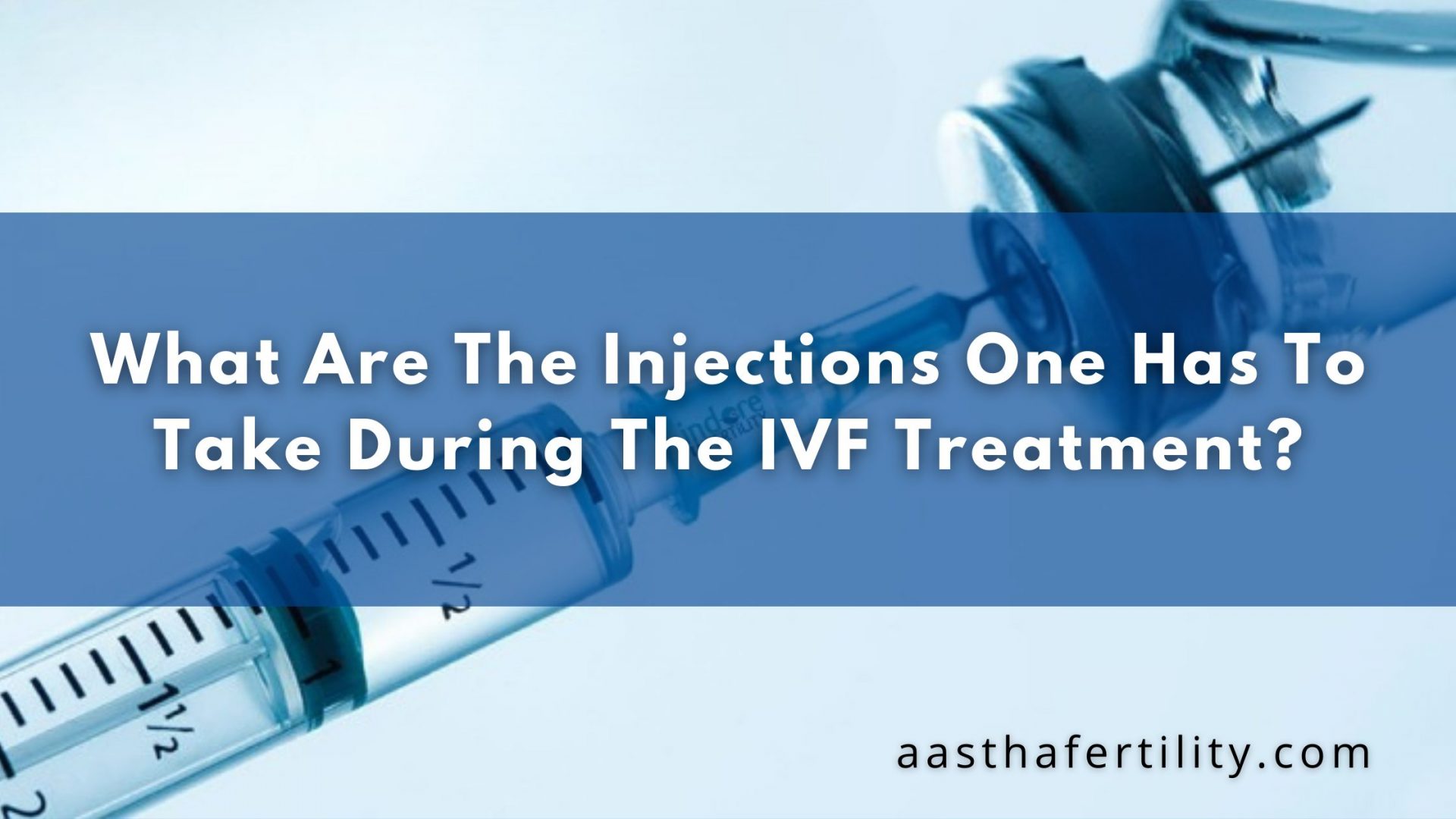
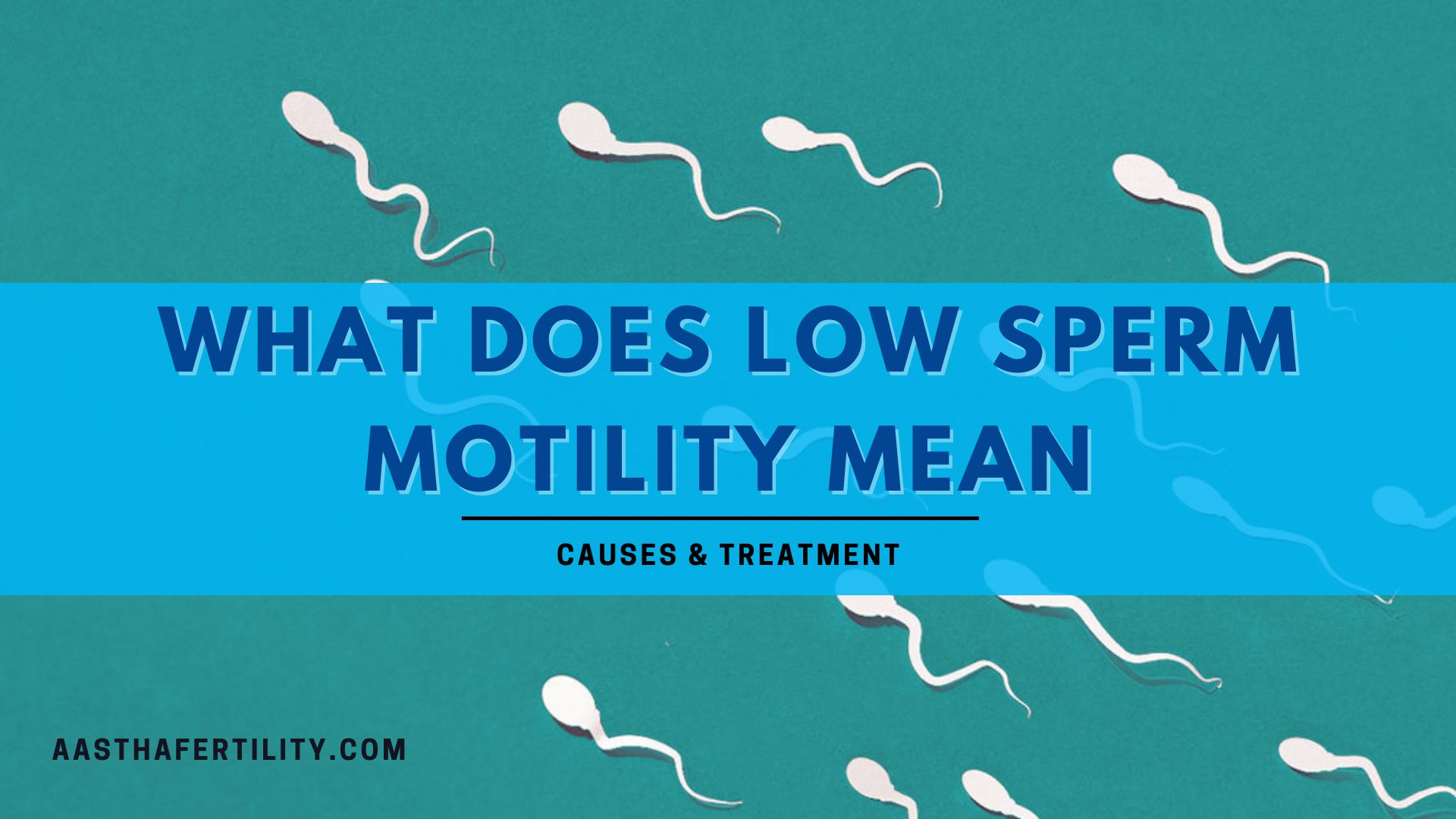
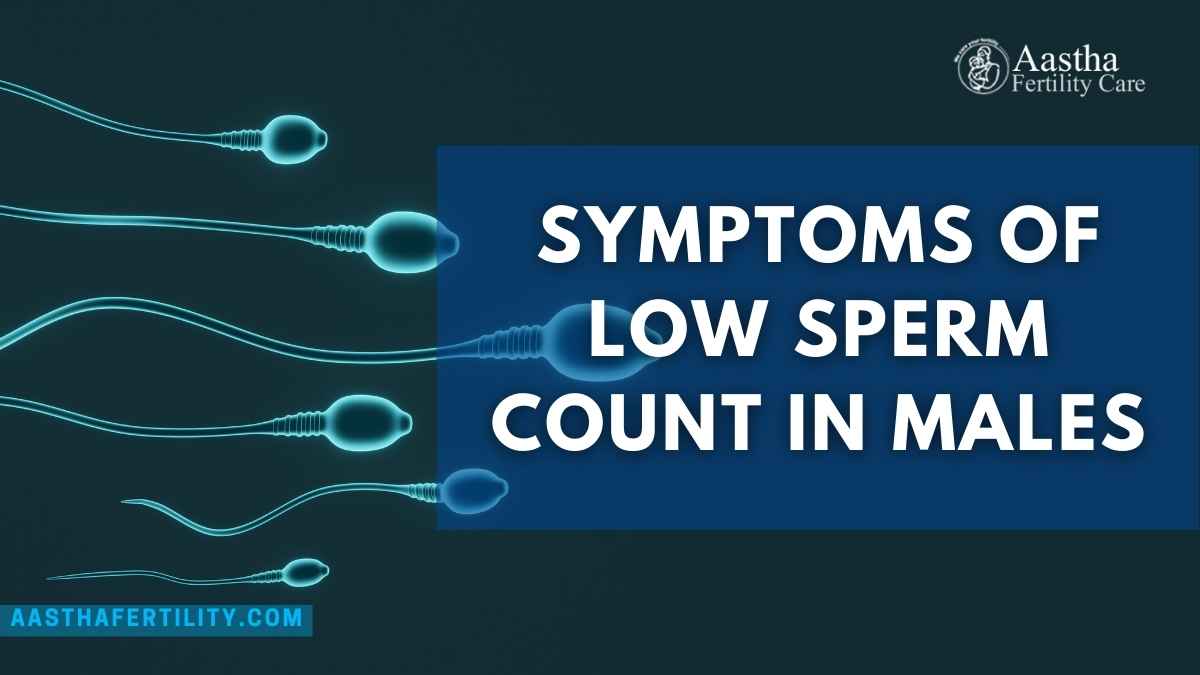

Leave a comment